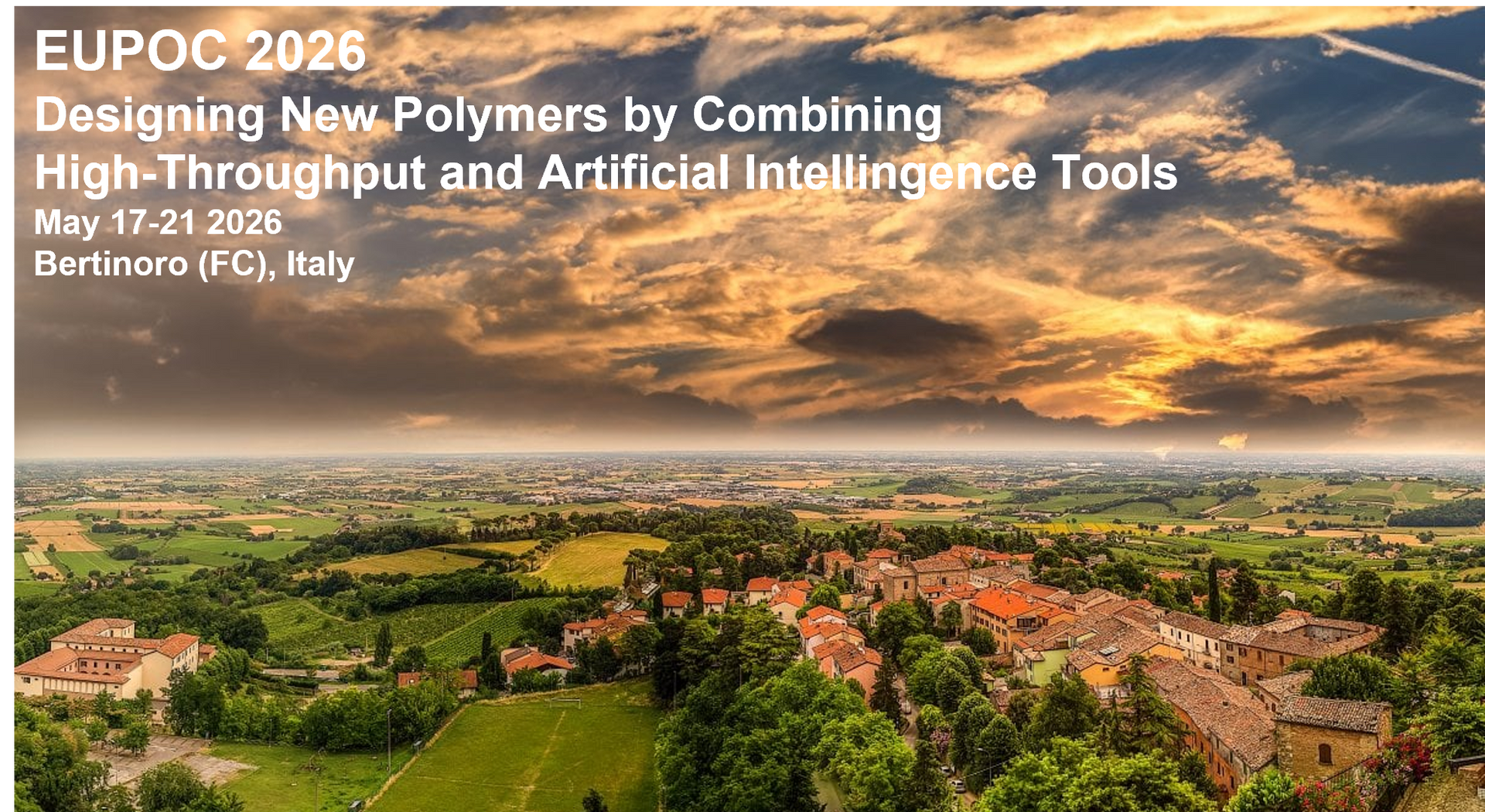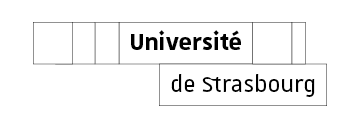
The European Polymer Federation (EPF) in collaboration with Italian Association of Macromolecular Science and Technology (AIM) is honored and pleased to announce the organization of the EUropean POlymer Conference “Designing New Polymers by Combining High-Throughput and Artificial Intelligence Tools” (EUPOC 2026) to be held in Bertinoro (Italy), May 17-21, 2026.
With a worldwide production of nearly 450 million tons per year, polymer materials play a central role in our modern society. They are used in the manufacture of innumerable daily-life products, or as more sophisticated compounds in medicine, diagnostics, and fine chemistry. However, economical and new societal constraints require a more rational design and alternative synthesis, formulation and processing methods for polymer manufacturing to meet the need for greater sustainability, more virtuous end-of-life management, while maintaining optimal performances in application. Polymer-based materials of the future will be one of the pillars of the circular economy. Thus, the discovery of new polymers will lead to a paradigm shift and new methodologies for the design, processing and analysis of polymer-based materials. The recent development of high-throughput (HTP) and artificial intelligence (AI) methods has opened up enormous opportunities to tackle these challenges. While such methods are emerging in chemistry, they have not yet been implemented in Polymer Science.
Thus, the EUPOC2026 proposes the state of art in the fields related to :
1 - High-throughput methods for synthesis and characterization from macromolecular architectures to physical properties, i.e. considering molecular, macromolecular, and materials scales. Inputs of polymer modelling
2 - Data management using Artificial Intelligence tools from the data collection, analyses (deep learning, neuronal networks, data mining) to the specific issues related to polymers, i.e. polymer fingerprint/digital standard
3 - Combination of HTP approaches with AI tools in order to take profit of machine-learning approaches for designing optimized materials.
List of topics to be addressed:
- Last devlopments of high-throughput methods for polymer synthesis (synthesis in flux, production of gradient-based polymer materials, X-Y generation, etc)
- Last devenopments of high-throughput methods for polymer characterization: NMR, IR, Raman, SEC, scattering methods including Tg determination, mechanical properties, gas barrier, etc
- Data collection and management such as data mining basics.
- Artificial Intelligence tools for polymer scientists. Basis on machine-learning methods – Basis on neuronal networks, deep learning, etc.
- Last developments of AI methods to polymer discovery (polymers, composites, processing)
- Last developments of combining AI tools and high-throughput methods for polymers or related materials
- How to train polymer scientists to AI tools ?
- (Flash/short) presentations for HT and AI tools suppliers








